Interview: Travel writer Pico Iyer on his new book, travel experiences and his jetsetting plans
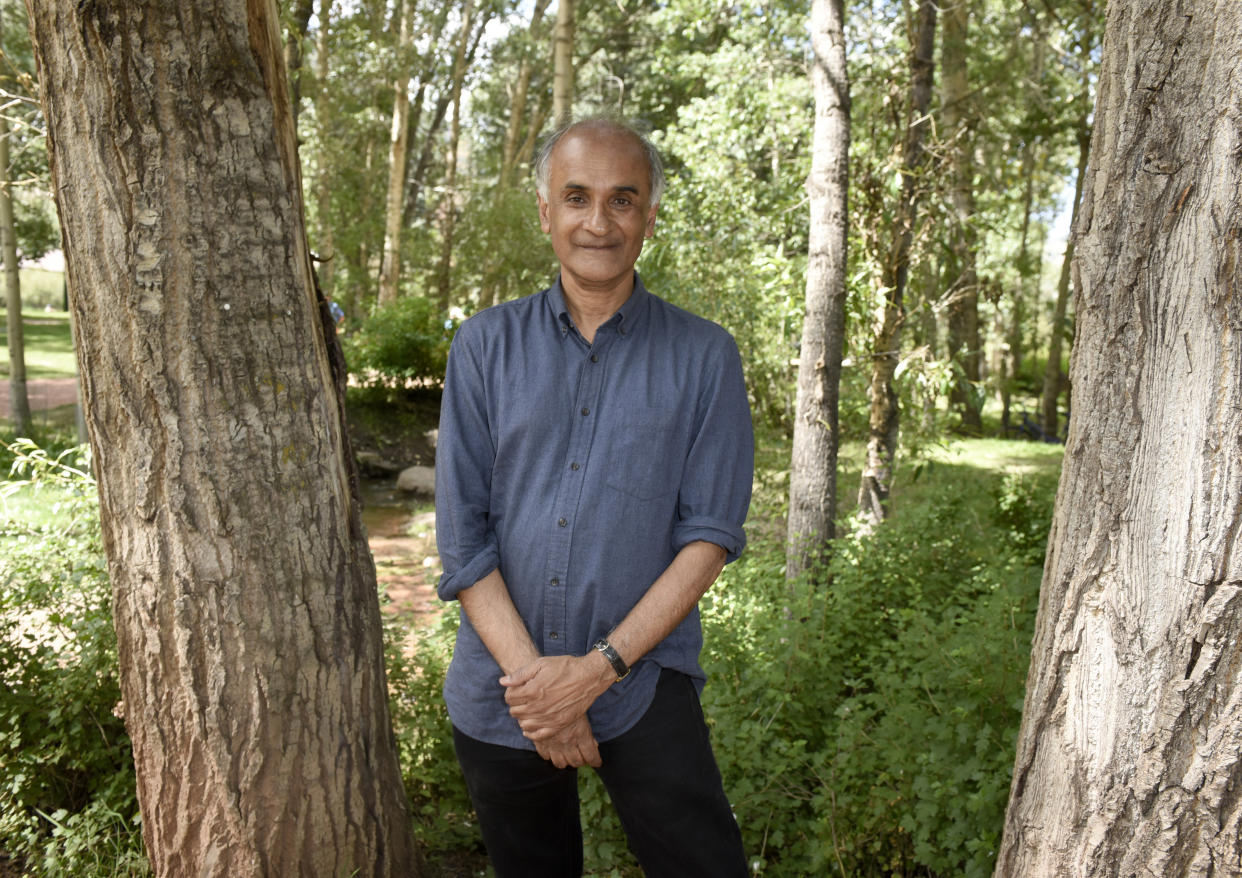
SINGAPORE – Arguably the world’s greatest travel writer alive, Pico Iyer was at the historic Raffles Hotel on 19 August to celebrate the official launch of the Writers Bar and their Writer’s Residency Programme designed to create and nurture aspiring and established writers. Singapore’s oldest hotel underwent an extensive restoration over two years and recently reopened in August with new restaurants, boutiques and bars, with the Writers Bar being one of them.
To celebrate Pico Iyer and his latest work, a series of cocktails were specially crafted by the Head Bartender of Writers Bar, Paul Hammond, inspired by the renowned writer himself. The cocktails were served during the event at the Writers Bar.
READ MORE:
Prince Harry launches new global sustainable travel initiative, Travalyst
Aaron Kwok credits his youthfulness to a skin routine that he has stuck to religiously for 24 years
INTERVIEW: Ly Bui, Q-Grader and founder of La Saigon on championing Robusta coffee beans
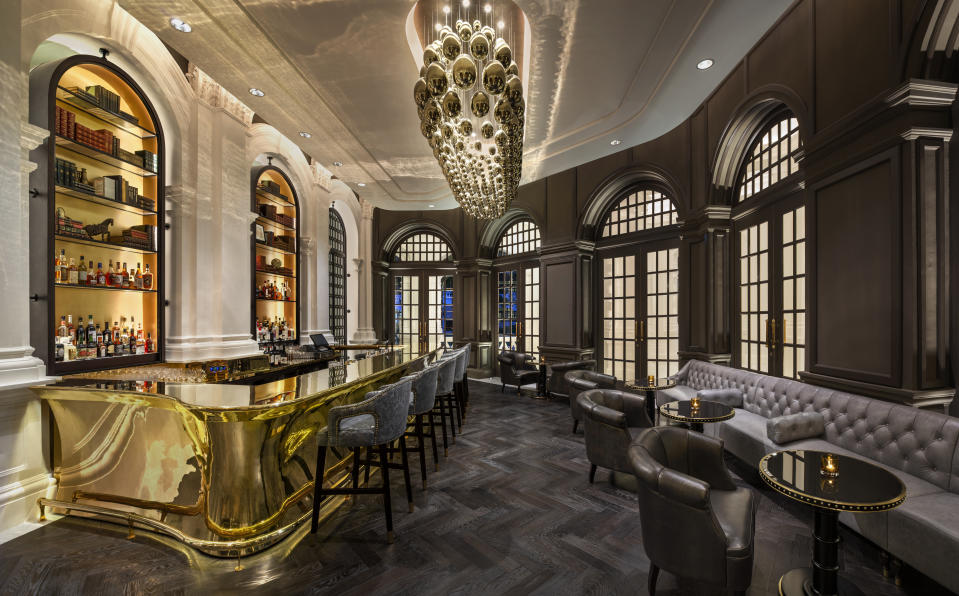
The British-born Pico first visited Raffles Hotel in 1984 as a young journalist. He found the hotel intriguing and instinctively familiar to the England he had grown up in. Two and a half years ago, he was invited to be the hotel's first official Writer-in-Residence. At the event, Pico shared the inspiration behind his new book, This Could Be Home: Raffles Hotel and the City of Tomorrow. Drawing upon his numerous stays in Raffles over the past 35 years and the fast-changing city all around it, the book explores how Raffles Hotel remains intertwined with its constantly evolving city while remembering its storied history.
Yahoo Lifestyle Singapore met the author and his wife, Hiroko, before the Writers Bar launch to chat with him about his new book, his notable travel experiences and his next travel destination.
The bestselling author of more than a dozen books, including international favourites such as Video Night in Kathmandu, The Lady and the Monk and The Art of Stillness, was a soft-spoken and gentle man, as he spoke affectionately about his books and his life in Japan where he currently resides.
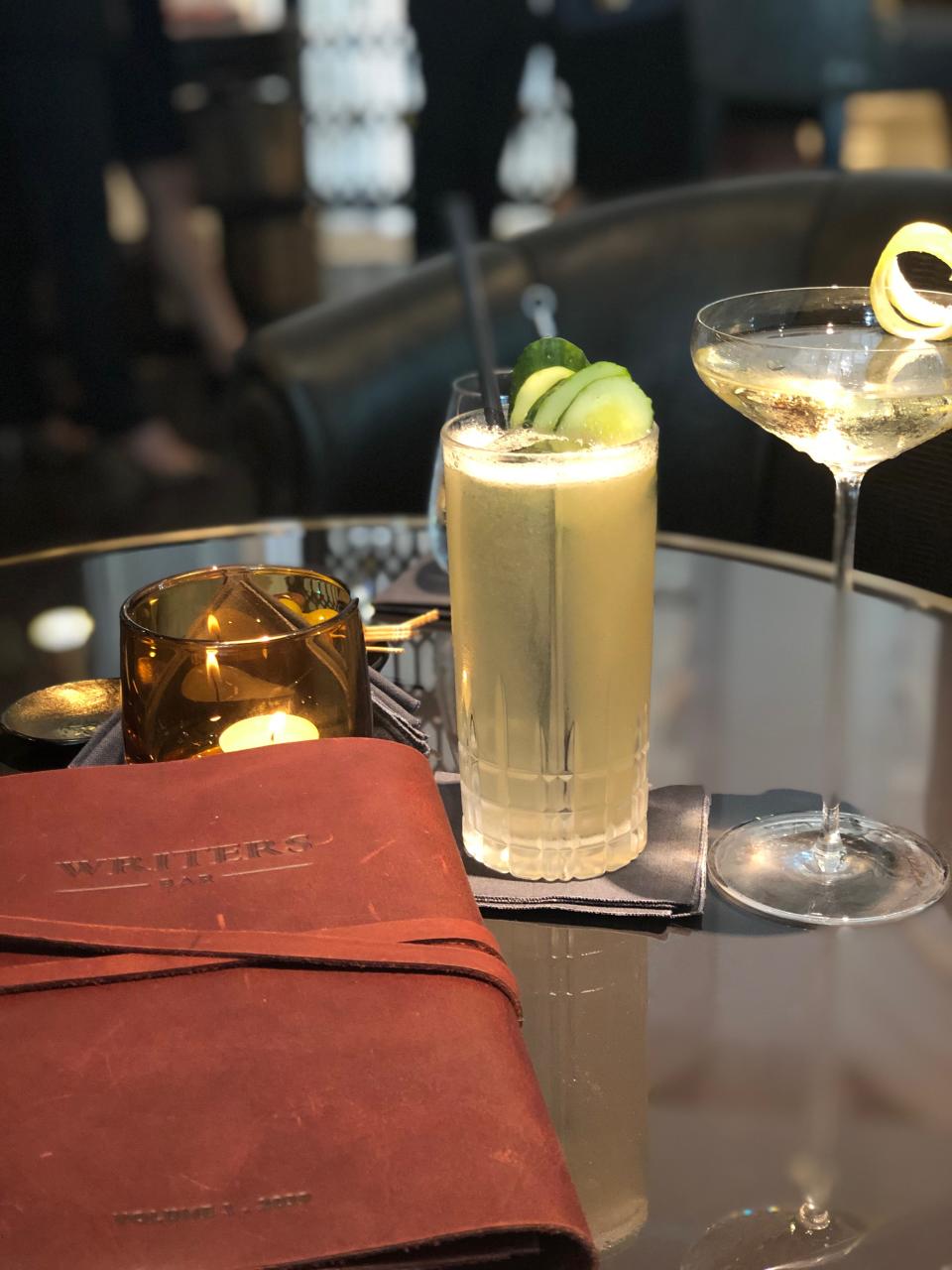
You have been in Singapore and stayed in Raffles Hotel many times over the course of 35 years. What was the motivation to publish a book on it only recently?
Two and a half years ago, I suddenly received the invitation to be the first official Writer-in-Residence here. I was just sitting in my apartment in Japan on a cold winter day and of course, I was really thrilled and honoured. So I quickly said yes, but I could not actually come until August that year and the hotel was closing in July for remodelling. So we continued with the book and I wasn’t able to take up the residency until right now. It was the invitation of Raffles and British Council really – they dangled this once-in-a-lifetime opportunity before me.
Which one of your books do you feel most accomplished writing and why?
(Laughs) You probably know every writer’s favourite book is usually his least popular. But I will say the book of mine that seems to speak the most to other people is the book I published 28 years ago, called The Lady and the Monk. And it is about my first year in Kyoto and my discovery of Kyoto, a new way of life, and my wife. I think because it is really about discovery about the three things of my life ever since, you could feel some of the excitement in it. I think that is a book that speaks to people, so it is close to my heart.
Four months ago, I published a book called Autumn Light and it is about my neighbourhood in Japan. I spent 16 years working on that book. I am very happy with that book and if I could rewrite it, I don’t think I will change a word. So far that is a book on which I really think I did my best. I think Japan feels so familiar to me that it brings out something that most subjects don’t.
It is interesting that the books I mentioned to you - one I wrote this year and one I wrote 31 years ago - were about Japan.
Do you necessarily have an idea of your next travel destination? Do you have the urge to go to a particular place? What motivates you?
I think I usually follow intuition because I travelled for a long time and because I read quite a lot, I have a sense of which places are well-suited to me and what things don’t draw me in so much... And that usually directed me pretty well. The last great place I visited was Iran. I have actually been wanting to go there ever since I was a little boy but I never made it. As soon as I got there, I found one of the most glamorous, sophisticated, rich places. As a little boy, I loved Persian cards, Persian poetry, Persian paintings, all these are still alive and well. Nowadays I don’t travel so much, and I don’t often get to go to new destinations; and when I do, I will spend a lot of time thinking which are the places that are going to turn me on in my head and keep vibrating in my head even when I get home.
I will be going to Antarctica in January and that is pretty dramatic and different from anywhere I have gone to. My wife and I travelled on a cruise ship this year to the South Pacific, and I was delivering some lectures. I looked for a long time at the catalogues and I realised I have been just about all the places that I want to go to. The Antarctica is probably somewhere that I would not think to go and it is hard to go there except on a ship. So I am very excited about that and that would be a different planet from anything I have seen. So on the rare occasions when I do get to go on a trip, which happens once every two to three years, I try to find somewhere special.
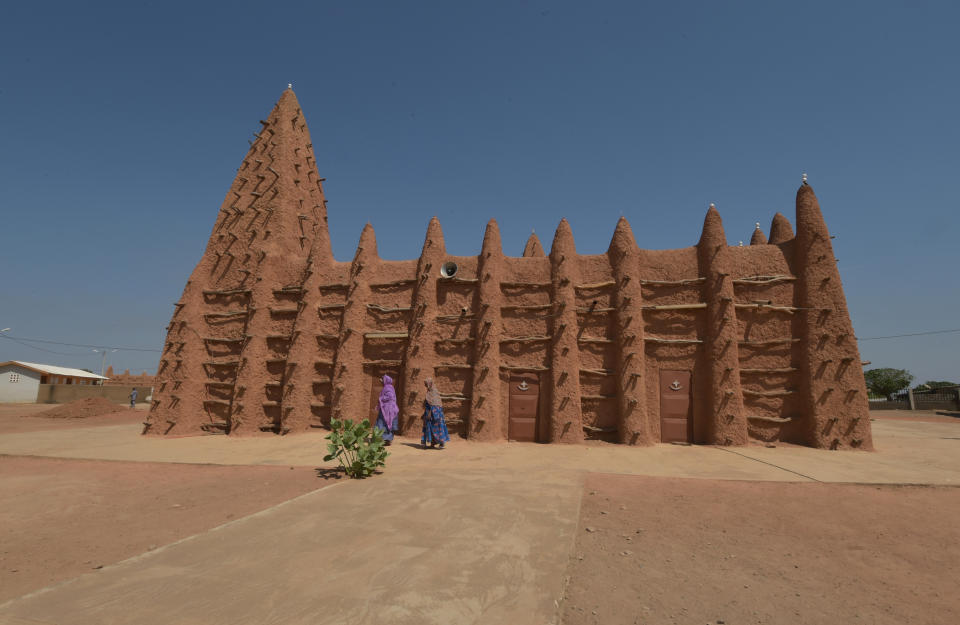
What is one place that you want to travel to but have not?
Mali in Africa, Kerala in South India and Uruguay.
What about these places makes you want to visit them?
The mudwall libraries in Mali sound great. Enticing and very different from anything I have seen. Uruguay – I have heard many haunting vacations which are almost everywhere in South America. Again with Kerala, it sounds different from the rest of India and I have seen other parts of India. I actually have a long list of places I have never been but I feel that I have been lucky to see a lot. So if I never get to any of those, that is fine.
What is the most intriguing experience you have encountered while travelling? How has that changed you?
I sort of made my living for 37 years describing my travel experiences so it is hard to choose one. I met the Dalai Lama when I was 17 so I have been talking to him regularly for 45 years and I travel across Japan with him every November. I wrote a whole book about my travels with him. One experience that comes to mind was in Hiroshima, Japan. We were climbing a hill to a little temple and a young woman stepped out and started shouting insults at him. And I wondered what he was going to do and I thought his bodyguard was going to whisk her away. Instead, he asked his bodyguard to bring her closer to him and he cradled her face in his hands and said a few things. It stayed with me, and it was 13 years ago, because it was so counterintuitive and remarkable to step towards the person who is angry with you instead of away. I tried to learn from that. It was a surprising moment.
Another experience was making a couple of trips to North Korea, which was not pleasant. It was intriguing and eye-opening. Always knowing that they are going to send me back was a really intriguing experience. I remember when I was, in the most recent years, looking at the film industry there and I was reminded that even as a tourist, if I folded the newspaper containing a photograph of a flower named after the departed leader, I could be imprisoned. So even a newspaper becomes a sacred object to the North Koreans. That’s not something I have encountered anywhere else.
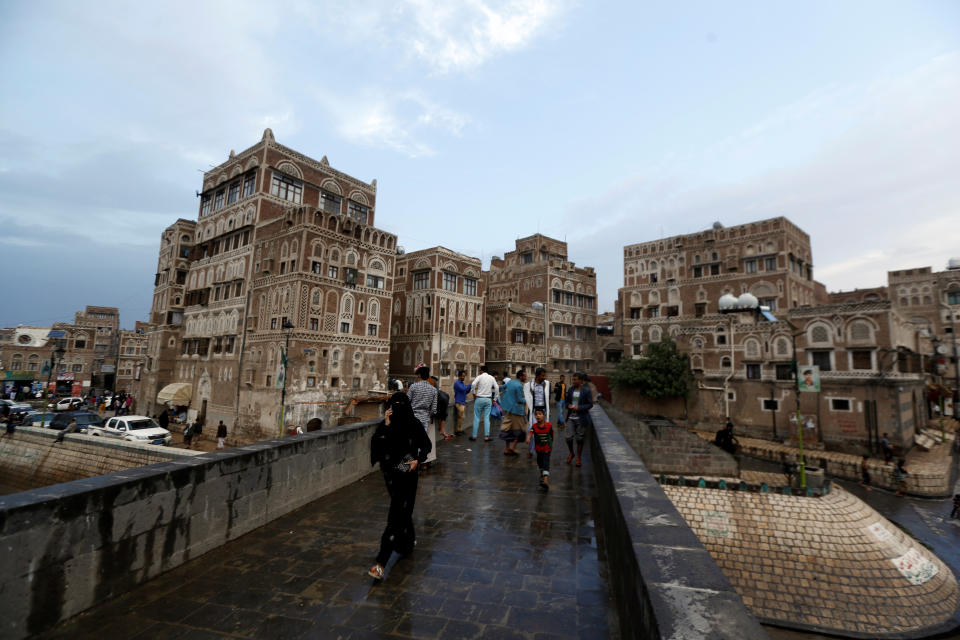
What is the most dangerous experience you have encountered while travelling? How has it provoked your perception/thoughts of the place or world?
Being in Yemen five weeks before 9-11 and having to cross the whole country in the dead of the night in order to fly out of Yemen, through a country blasted by war where everyone was fighting against everyone else, where the main source of income was to kidnap foreigners and where every time we went around a turn, we were surrounded by excitable boys and teenagers.
More than any other time, travel does remind me how little is in my control. I realise that I just got to give up sometimes and be in the hands of fate. There is nothing I could do to make a good outcome and I just have to hope that somehow I would get through that. That was a few years ago and now Yemen is even more dangerous and war-stricken, and it breaks my heart. The reason I wrote about that is because I live such a comfortable and protected life. It is easy to forget that many of our global neighbours are in this desperate position.
As a writer, what are some of the things that your readers have responded to that set you thinking?
Sometimes I think I have taken liberties with the people I have described. I have met them briefly and I have written about them in the book and maybe I shouldn’t have written about them in the book or I wrote the wrong things or I presumed to know them and I didn’t. I think sometimes we just wake up on that because we just write based on perspective, but I am happy to be reminded of that.
The typical reader would send me messages and it is amazing how intuitive and attentive readers can be. Some see exactly what I was trying to do with the book which is a wonderful blessing; and others would point out things that bother them and also remind me of ways that I am out of date. For example, 31 years ago, I was writing a book about myself and my wife. My Japanese is pretty weak and her English is perfect. I tried to reproduce the way Hiroko spoke. And in 1988, people were engaged because they thought she was sitting right next to me and that her English wasn’t perfect. But in 2019, I tried to reproduce her speech and nowadays people are very uneasy about representations of imperfect English so I think some readers have complained saying it sounds patronising and inappropriate to describe English coming from someone whose English is not perfect. So that just reminded me I am stuck in my 1988 ways of writing and readers in 2019 have very different assumptions.
If you were not a travel writer, what would you be?
(Laughs) I think I would love to be an actor. I don’t think I have the skills to be an actor and I think being a writer is very much like being an actor because each time I write a new book or a new article, I am almost taking on a new persona, playing a different part. And I am kind of a method writer, so just like Robert De Niro, I try to completely disappear into the part I am taking on and that is the fun of it, then I ditch that and in the next book I become a completely different person.
I think acting will excite me in the same ways as writing and make me feel I can be another person, which I try to do in writing.


